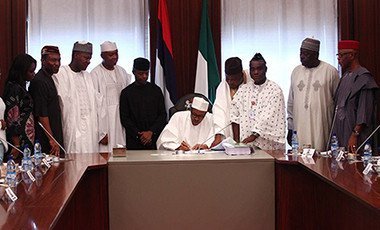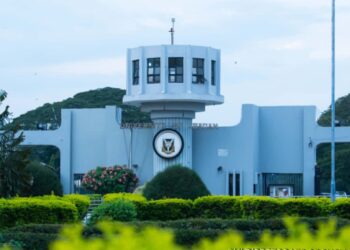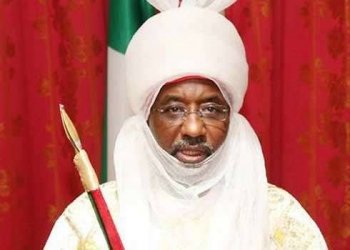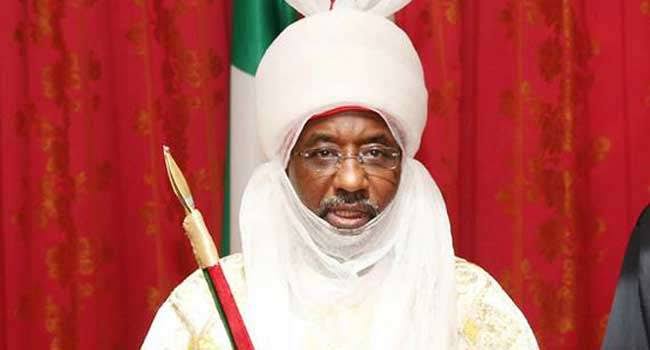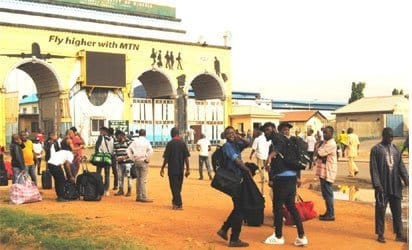NIGERIAN’s President Muhammadu Buhari on Friday signed into law the 2016 federal budget after months of delay caused by mistakes and discrepancies in the original spending plan. Buhari had last December 22 presented a 6.08 trillion naira (around $30-billion, 26.5-billion-euro) budget to parliament but Friday’s document was slightly lower at 6.06 trillion naira.

“The signing of the budget today will trigger concerted efforts to reflate the Nigerian economy, a key element of which is an immediate injection of 350 billion naira into the economy by way of capital projects.”
The budget for Nigeria’s oil-dependent economy is based on a price of $38 per barrel, slightly below the current global market rate of just over $40.
Buhari delayed signing the budget after finding errors that civil society groups indicated possible graft, such as multiple purchases of the same vehicles, computers and other equipment.
The former military head of state, who has embarked on a widespread anti-corruption campaign since taking office last May, has claimed some lawmakers removed and replaced proposals.
He has promised to punish those involved.
The delay contributed to the stagnation in Africa’s biggest economy caused by the slump in global oil prices, panicking investors already cautious about slowing growth and high inflation.
Buhari admitted on Friday that Nigeria was “experiencing probably the toughest economic times in the history of our nation” but was pinning its hopes on the expansionary budget.
The government is hoping to diversify the economy, produce more food, revive manufacturing and generate employment to help kick start growth.
Infrastructure development is also badly needed, particularly in roads, housing and power supply for Nigeria’s 180 million people.


